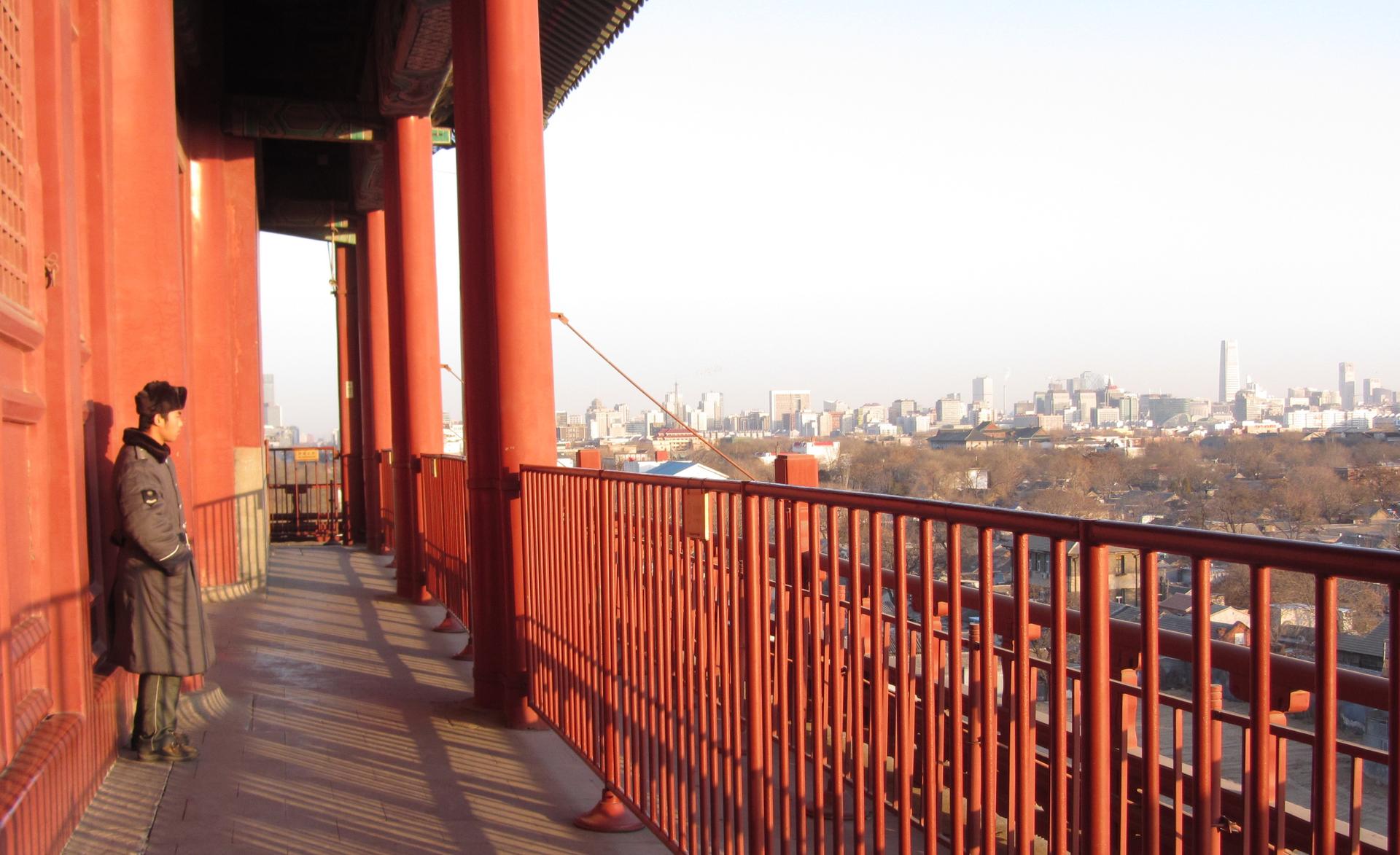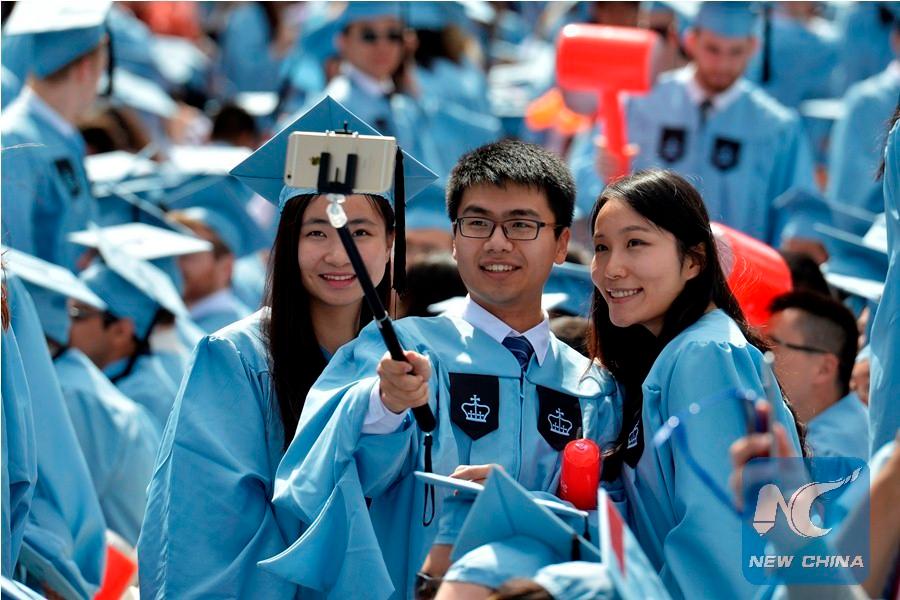Whose Century Is It?
Ideas, Trends & Twists Shaping the 21st Century.
Young China
Few generations in the world face a reality as dramatically different from all that have come before, as China’s one-child generation. Since the one-child policy started in the early ’80s, China has gone from aspiring developing country to powerful global player. It has shifted from being majority rural to majority urban, with per capita annual GDP rising from $300 to over $8,000 now. Young Chinese are more connected with the world than previous generations, thanks to the internet, smartphones, films, television and travel and study abroad, with some 330,000 studying in the United States alone. What does all this mean for the kind of power China might become in this century? Host Mary Kay Magistad talks with Alec Ash, long-time Beijing resident and author of “Wish Lanterns: Young Lives in New China,” in this final episode as a coproduction with PRI’s The World (but not the last of the podcast — details in the episode).
Rebuilding Brazil’s economy requires more than BRICS and China
Brazil’s economy was blazing along in the first decade of this century, turbo-charged by China’s appetite for commodities. And there was the added boost of being named, by a Goldman Sachs exec, one of the rising economies to watch — the BRICS, Brazil, Russia, India, China and South Africa. Then China’s economic growth slowed, demand for commodities dropped and Brazil fell into its worst recession in a century, intensified by its worst corruption scandal ever. Brazil is beginning to emerge now, after two years of economic contraction and political turbulence. What are its prospects for again being seen as one of the great rising economic powers of this century? Host Mary Kay Magistad visited Rio de Janeiro to find out.
Bumps along South Africa’s yellow BRIC road
South Africans’ hopes and expectations that their country might become a democratic and economic leader in Africa, helped by a strong relationship with China and membership in the BRICS group — a collection of big countries (Brazil, Russia, India, China and South Africa) expected to emerge as economic leaders in this century — haven’t turned out quite as planned. South Africa dipped into recession this year, has unemployment near 30 percent, and a deeply unpopular and, many South Africans say, ineffective president, Jacob Zuma. What happened, what now, and what do South Africans make of the similarities they see between their president, and President Donald Trump? Host Mary Kay Magistad reports from South Africa.
Requiem for Liu Xiaobo
Nobel Peace Prize winner Liu Xiaobo spent much of his life advocating for basic political rights and democracy in China. For that, he spent years imprisoned by a government that feels threatened by such demands. He was in prison when he won the Nobel Prize in 2010, serving 11 years for “subversion of state power,” and he was in prison as his liver cancer advanced. He was released, under guard, to a state hospital, and died there July 13, 2017. Chinese authorities have repeatedly called Liu Xiaobo a criminal. They have censored information about him at home and appear to hope the world will forget him. That’s unlikely. When an individual is brave enough to stand up to an authoritarian power on behalf of justice and rights for many, that stands out. And at a time when authoritarian tendencies are creeping in, in unexpected places, because people aren’t always vigilant about protecting the democracy and rights they have, Liu’s work and focus stand as a reminder that these things are precious to those who don’t have them, and that authoritarians, once in power, rarely volunteer to cede power to citizens, unless pressure builds, and they have no other choice.
How China’s past shapes dreams of future power
China was one of the world’s great powers for most of the past couple thousand years, and back on its heels only for a couple of centuries, as the Industrial Revolution took off and European colonialism expanded. Now, China’s drawing on its past and moving with deliberation to reclaim what many Chinese feel is China’s rightful place in the world. The challenges are many, but with slowing economic growth, an aging population and uncertain future challenges from within and outside China’s borders, there’s incentive to act now to cement China’s place as a regional if not global leader. And that’s what China’s leaders are doing, drawing on their past for inspiration. Host Mary Kay Magistad talks with Howard French, author of “Everything Under the Heavens: How the Past Helps Shape China’s Path to Global Power.”
Can Chinese pragmatism help save the planet?
China’s leaders may not exactly be evangelizing about the perils of climate change, but compared to Donald Trump, these days, they look downright statesmanlike on this front. And Chinese policies on renewable energy, while often driven by pragmatic self-interest more than selfless concern for the planet, may nonetheless help tip the balance in the right direction in this century.
Seeing into the future
Blind seers aside, it’s easier to see where you’re going, on the road and in life, if you can actually see. More than half of Americans wear glasses; in poorer and more remote regions of the world, it’s estimated that some two billion people need glasses but don’t have access to them, cutting into their ability to learn, work and live a full life. A social entrepreneurial effort called VisionSpring has reached millions of such people in Asia and Africa, selling glasses at affordable prices to customers who earn less than $4 a day. Host Mary Kay Magistad talks with VisionSpring’s founder Jordan Kassalow, and president Ella Gudwin.
Radio Free(ing) Africa
An unsung weapon against terrorism that has proven successful in Africa is the power of the airwaves — shortwave radio reaching people with reliable information, and programming that helps educate them, connect them and imagine a different kind of future. The ubiquity of cellphones allows people in conflict regions to call in, challenge abuses of power and have a voice. That’s worked in the Congo, with Radio Okapi. It’s working now in areas where Boko Haram has been active in West Africa, and the new Dandal Kura radio network is now broadcasting. Host Mary Kay Magistad talks with her old editor and friend David Smith, who helped set up both.
Soul searching in China
A resurgence of interest in religion in China, after more than half a century of Communism and in the midst of China’s rapid economic transformation and global rise, comes as new generations search for spiritual meaning and an ethical foundation. Host Mary Kay Magistad talks with former China correspondent colleagues Ian Johnson, author of “The Souls of China: The Return of Religion After Mao,” and Jennifer Lin, author of “Shanghai Faithful: Betrayal and Faith in a Chinese Christian Family,” about how her own Chinese family, including Watchman Nee, the Billy Graham of China in the first half of the 20th century.
Enemies of the (Corrupt) People
With kleptocratic autocrats on the rise, good journalism that explains what’s going on matters more than ever. Fresh from sharing a 2017 Pulitzer Prize for Explanatory Reporting, for coverage of the Panama Papers, Drew Sullivan, founder and editor of the Organized Crime & Corruption Project, talks corruption, authoritarian creep and the future of journalism.

